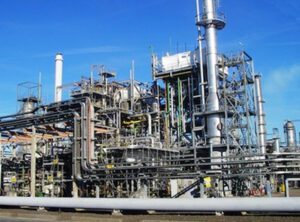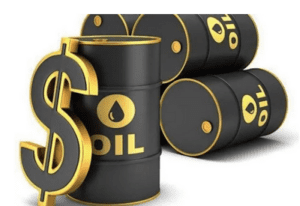MCCI Q2/2023: Energy costs top challenges facing Nigerian manufacturers
According to the Q2/2023 Manufacturers Association of Nigeria (MAN) CEOs Confidence Index (MCCI),rising energy costs are the topmost challenges facing active Nigerian manufacturers.
In the survey,it was suggested that manufacturers in the country are facing a myriad of problems that hamper progress in the sector and result in poor performance in general.
According to the Director General of the Association, Segun Ajayi-Kadir ,he said that Government capital expenditure should address the issues of economic infrastructure such as roads, electricity, water, etc. that support industrial sector businesses.
He made it known that the absence of economic infrastructure contributes significantly to the high cost of operating environment which obstructs the development of manufacturing in Nigeria.
“It is highly expedient that the government strives to ensure the harmonization of fiscal and monetary policies that will pave the way for a stable macroeconomic environment needed to promote productivity in the manufacturing sector and improve the ease of doing business.”
A part of the survey stated:
“About 63.1% of manufacturers enumerated disagreed that government capital expenditure encourages productivity in the manufacturing sector; 23.9% of those enumerated agreed, while about 13.1% were unsure.
According to MAN, the aggregate index score of MCCI in Q2’23 declined by 1.4 points to 52.7 points from 54.1 points obtained in Q1’23, which is also 2.3 points less than 55.0 points recorded in Q4’22.”
According to the survey ,Challenges facing manufacturers are;Energy costs ,High cost of credit/inadequacy of loanable funds ,Multiple taxes,charges,levies,same tax policy for local producers and importers ,Unavailability of raw materials and delay in receiving imported raw materials ,High cost of raw materials and Scarcity of forex,high exchange rate,poor allocation of forex.
According to the survey findings, manufacturers within the country continue to grapple with the reverberations of the Naira Redesign policy, which was implemented during the tenure of Godwin Emefiele, the former Governor of the Central Bank of Nigeria (CBN). This policy’s repercussions persist, casting a shadow over manufacturing activities.
Furthermore, manufacturers lament the hindrance caused by two concurrent factors. Firstly, there’s a notable upswing in motor vehicle insurance expenses, which has been adding to the operational burden.
Additionally, the escalation in logistics costs is a concern that stems from the heightened pricing of premium motor spirit (PMS), commonly referred to as petrol. This is of particular significance as manufacturers need to distribute their goods extensively across the various states of the country, entailing substantial transportation expenses.
Note also that diesel costs are rising because of the 7.5% value-added tax (VAT) recently placed on the commodity by the government.
The survey’s observations underscore that the second quarter of 2023 witnessed a substantial uptick of 17.3% in both production and distribution costs for manufacturers.
This surge in costs further accentuates the challenges faced by the manufacturing sector and calls for a comprehensive examination of strategies to mitigate these adverse effects.




